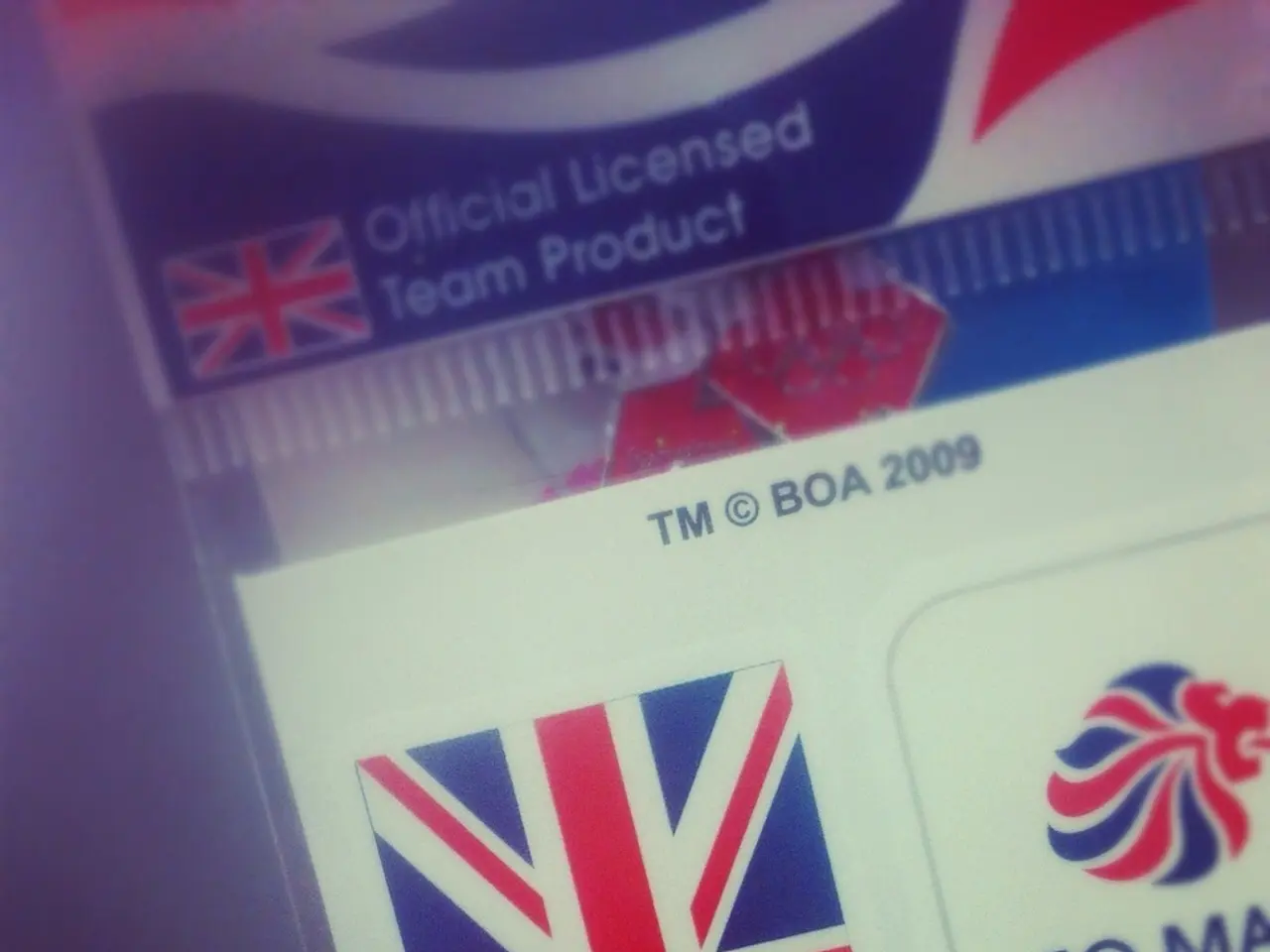Streamlining Garment Production Outsourcing: Navigating Obstacles
In the ever-evolving landscape of textile and fashion manufacturing, brands are constantly seeking ways to mitigate challenges and turn potential obstacles into opportunities for growth and innovation. Here's a look at some key strategies that can help brands navigate this complex terrain effectively.
Prioritizing Ethical Practices
Brands are emphasizing ethical practices by conducting thorough due diligence on potential manufacturing partners. This involves ensuring adherence to fair labor practices and environmental regulations. By establishing close strategic relationships, adopting diversified and integrated supply chain models, and engaging stakeholders for ethical compliance, brands can uphold the highest standards of quality, ethics, and sustainability.
Strategic Supplier Relationships
Brands are moving beyond cost-focused contracts to create long-term, strategic partnerships with manufacturers. These partnerships can include investments in shared sustainability projects and aligning incentives to ensure quality and reliability. Such relationships help reduce risks linked to quality control and reliance on third parties.
Use of Digital Technologies
Leveraging AI, data analytics, and blockchain enhances visibility over the supply chain, thus improving monitoring of quality standards and detecting risks early. Digital twins and advanced planning systems reduce lead times and improve resource usage, enabling closer control of production processes.
Supply Chain Decentralization and Vertical Integration
Instead of relying heavily on a few manufacturing hubs, companies are diversifying production locations to reduce geopolitical risk and enhance resilience. Some even integrate backward by controlling raw material sourcing, enabling better quality control and protection of intellectual property through end-to-end traceability.
Robust Stakeholder Engagement
Engaging a broad range of stakeholders—including suppliers, customers, investors, and NGOs—builds trust and drives ethical practices. Transparent communication about supply chain efforts and progress fosters accountability on issues such as labor conditions and environmental compliance.
Private Label Collaboration Models
Brands that outsource production under private label principles ensure close cooperation between brand and manufacturer, allowing for proprietary designs and quality standards to be maintained even when subcontracting occurs.
Supplier and Internal Coordination
Fast fashion brands differentiate between “core” and “fashion” products to manage sourcing complexity and maintain flexibility. Internal communication and information flow within buying teams and suppliers are optimized to balance cost, quality, and speed.
By adopting these strategies, brands can navigate the complexities of outsourcing textile and fashion manufacturing more effectively, turning potential challenges into opportunities for growth and innovation. The future of outsourcing in textile and fashion manufacturing lies in the hands of those who can balance the benefits of global production networks with the imperative to uphold the highest standards of quality, ethics, and sustainability.
Brands can seek out suppliers with certifications in sustainability and labor rights, demonstrating a commitment to ethical manufacturing. Uphance is a popular apparel manufacturing management software that can help streamline the manufacturing process. Nearshoring or onshoring can reduce lead times and mitigate risks associated with distant outsourcing, offering advantages in terms of cultural and regulatory alignment.
Utilizing digital tools and platforms for virtual design, real-time monitoring, and analytics-driven decision-making can drastically reduce development times, enhance product quality, and improve communication between brands and their manufacturing partners. Brands that navigate outsourcing with foresight, agility, and a commitment to ethical practices will be well-positioned to thrive in the global marketplace.
Brands can enhance their partnerships with manufacturers by focusing on long-term strategic relationships, which include investments in shared sustainability projects and aligning incentives to ensure quality and reliability, thus fostering growth opportunities. To maintain a strong ethical stance, brands can seek out suppliers with certifications in sustainability and labor rights, such as Uphance, a popular apparel manufacturing management software. As an additional measure, brands can explore nearshoring or onshoring, which can reduce lead times and mitigate risks by offering cultural and regulatory alignment. Lastly, the strategic use of digital tools for virtual design, real-time monitoring, and analytics-driven decision-making can help brands improve communication, reduce development times, and enhance product quality.




